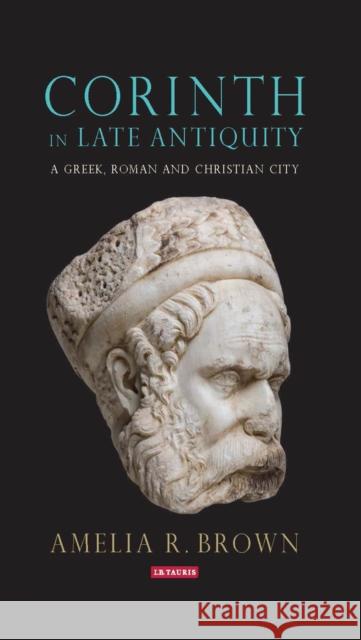Corinth in Late Antiquity: A Greek, Roman and Christian City » książka
Corinth in Late Antiquity: A Greek, Roman and Christian City
ISBN-13: 9781784538231 / Angielski / Twarda / 2018 / 368 str.
Corinth in Late Antiquity: A Greek, Roman and Christian City
ISBN-13: 9781784538231 / Angielski / Twarda / 2018 / 368 str.
(netto: 487,00 VAT: 5%)
Najniższa cena z 30 dni: 495,76
ok. 30 dni roboczych
Dostawa w 2026 r.
Darmowa dostawa!
Late Antique Corinth was on the frontline of the radical religious, political and economic transformations that swept the Mediterranean world from the second to sixth centuries after Christ. A strategic merchant city in the archaic and classical eras, it became the most important metropolis in Roman Greece and was a key locus for early Christianity. In Late Antiquity, Corinthians recognised new Christian authorities; adopted novel rites of civic celebration and decoration; destroyed and rebuilt the city's landscape and monuments. Yet during that era, Corinth was always considered a city-a community of individuals with a shared civic identity-by both its inhabitants and outsiders. Amelia Brown demonstrates how public space in Late Antique Corinth evolved under these dynamics. She uses evidence from ancient literary sources, archaeological excavations and historical records to survey its public topography, from the old Agora and temples to new churches and fortifications. Spanning the registers of the building, neighbourhood, city and surrounding countryside, this study connects the materiality of the city to dramatic changes in metropolitan life, broadening our understanding of urban experience in the Late Antique Mediterranean.











